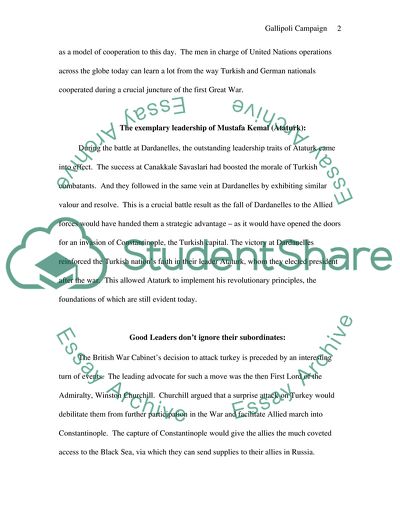Cite this document
(The First World War: Gallipoli Campaign Case Study, n.d.)
The First World War: Gallipoli Campaign Case Study. Retrieved from https://studentshare.org/history/1707939-what-lessons-can-be-learned-by-leadership-displayed-by-both-sides
The First World War: Gallipoli Campaign Case Study. Retrieved from https://studentshare.org/history/1707939-what-lessons-can-be-learned-by-leadership-displayed-by-both-sides
(The First World War: Gallipoli Campaign Case Study)
The First World War: Gallipoli Campaign Case Study. https://studentshare.org/history/1707939-what-lessons-can-be-learned-by-leadership-displayed-by-both-sides.
The First World War: Gallipoli Campaign Case Study. https://studentshare.org/history/1707939-what-lessons-can-be-learned-by-leadership-displayed-by-both-sides.
“The First World War: Gallipoli Campaign Case Study”. https://studentshare.org/history/1707939-what-lessons-can-be-learned-by-leadership-displayed-by-both-sides.


